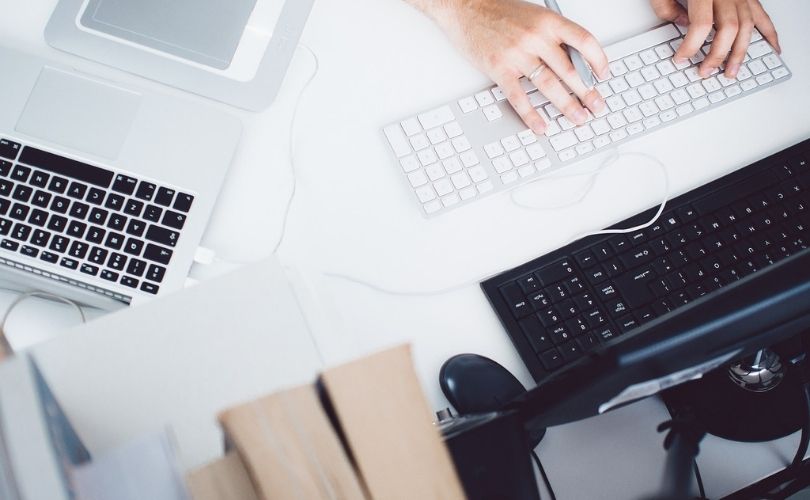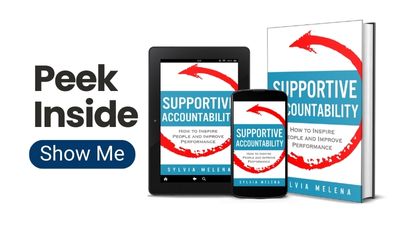I have a confession.
Many years ago, I was working on a vital document.
Needing to move some words around, I highlighted the text in question, clicked on “copy,” and was ready to click on “paste” when my phone rang.
I immediately picked up the phone and said, “Edit, paste.”
The co-worker sitting next to me burst into roaring laughter. I snickered a little, with the customer still on the phone, but managed to get it together quickly.
I apologized, explained my little faux pas, and got a laugh out of her, too.
So, what’s my confession?
I have never been able to multitask.
I have never been able to simultaneously complete two tasks that require thinking.
Later in life, I oversaw several complex programs and functions that may have given off the impression that I could multitask. But the fact is that I was great at quickly shifting focus, but it wasn’t multitasking.
So, Is Multitasking Good or Bad?
Here’s what the research has to say.
In an article published in Open Psychology by Stefani Maximilian et al. titled “Expanding Dual-Task Research by a Triple Task,” the researchers provide some eye-opening insights.
Here are some key points they shared about multitasking:
- Slows You Down: When you do two things simultaneously, it usually can slow you down. Typically, when performing two tasks at once, people respond quickly to the first task, but the second response is slower.
- Causes Mistakes: Multitasking can make you more prone to making mistakes.
- Impacts Your Self-Evaluation: The number of tasks you’re juggling, whether two or three, affects how well you can self-evaluate your thinking.
- Strains Your Mental Resources: Some theories suggest that when you engage in multiple tasks simultaneously, you’re forced to divide your mental resources among them. So, if you have two tasks, each only receives half of your mental resources.
- Some People Are Great at Multitasking: The Capacity-Sharing Model suggests that if you’re good at dividing your mental resources efficiently, you might be able to perform two simultaneous tasks as well as a single task.
- Three Tasks Make Things Worse: Stefani Maximilian et al. found that with three tasks, all three responses are delayed. Interestingly, certain factors that usually affect two tasks, like how similar the tasks are or how familiar the reactions are, don’t seem to matter as much in a triple-task scenario.
- A Huge Caveat: Stefani Maximilian et al. also found that the way tasks are coordinated plays a significant role in how well people can multitask. Their study highlights that relying solely on dual-task setups in lab research might only provide a partial picture of how multitasking works in real life. They suggest that future research should look at settings with more than two tasks to better understand multitasking in everyday situations.
As you write your nonfiction book, think about how multitasking may or may not help you write your first draft fast.
Start Your Nonfiction Book!
See the FREE Kit.
Ready to Finally Write Your First Book?
About the Author

SYLVIA MELENA is the Founder and CEO of Melena Consulting Group, a leadership and management consulting, training, and nonfiction book coaching company. She is also the two-time international award-winning author and #1 best-selling author of Supportive Accountability: How to Inspire People and Improve Performance and its Spanish translation, Responsabilidad solidaria. She’s also the former Vice President of the San Diego Book Awards Association.








